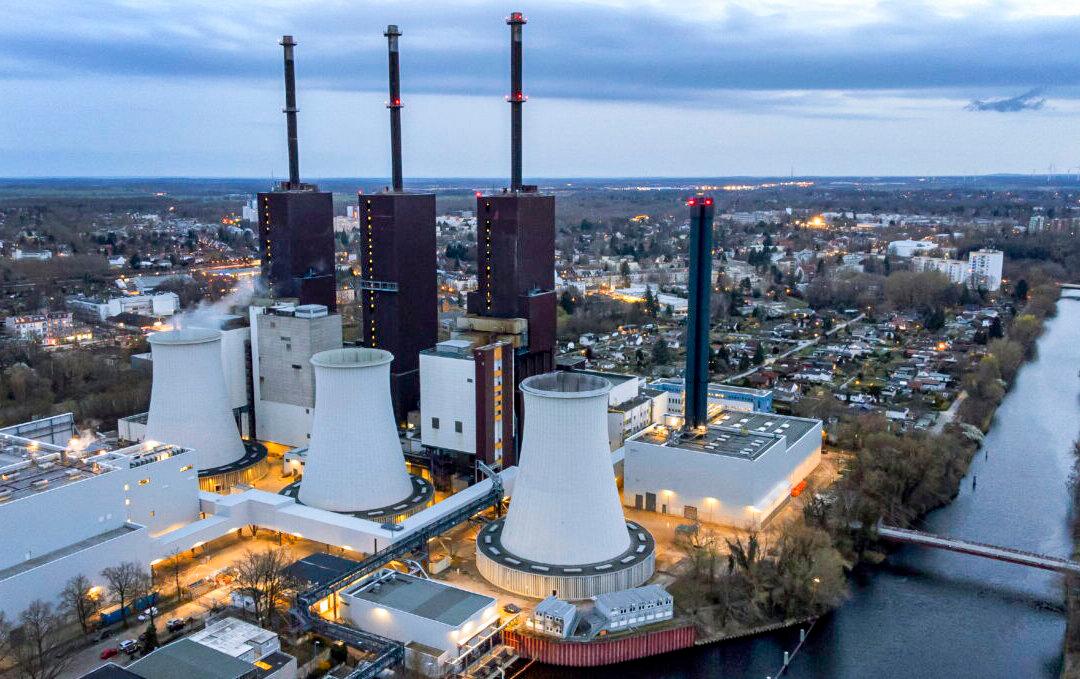Experts have warned that “social peace is in great danger” in Germany as the country has turned to rationing hot water, dimming its street lights, and shutting down swimming pools amid a nationwide energy crunch.
According to local reports, Vonovia, the country’s largest residential landlord, announced on Thursday that it would be lowering the temperature of its tenants’ gas central heating to 17 degrees C between 11 p.m. and 6 a.m. in an attempt to save 8 percent in heating costs.




